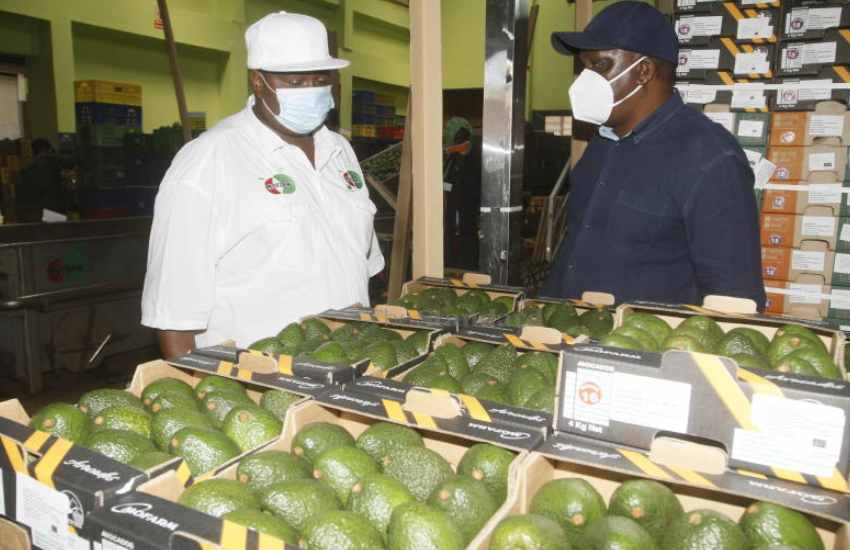×
The Standard e-Paper
Home To Bold Columnists

A need to forestall a critical food shortage for a rapidly growing population, while observing environmental safety, has necessitated the restructuring of agricultural policies. This, experts say, can be done through the provision of extension services and relevant education for farmers.
A Sh650 million EU-backed programme is helping local farmers, associations and organisations to keep abreast of the European Green Deal policies and other regulations that impact the horticulture sector.







